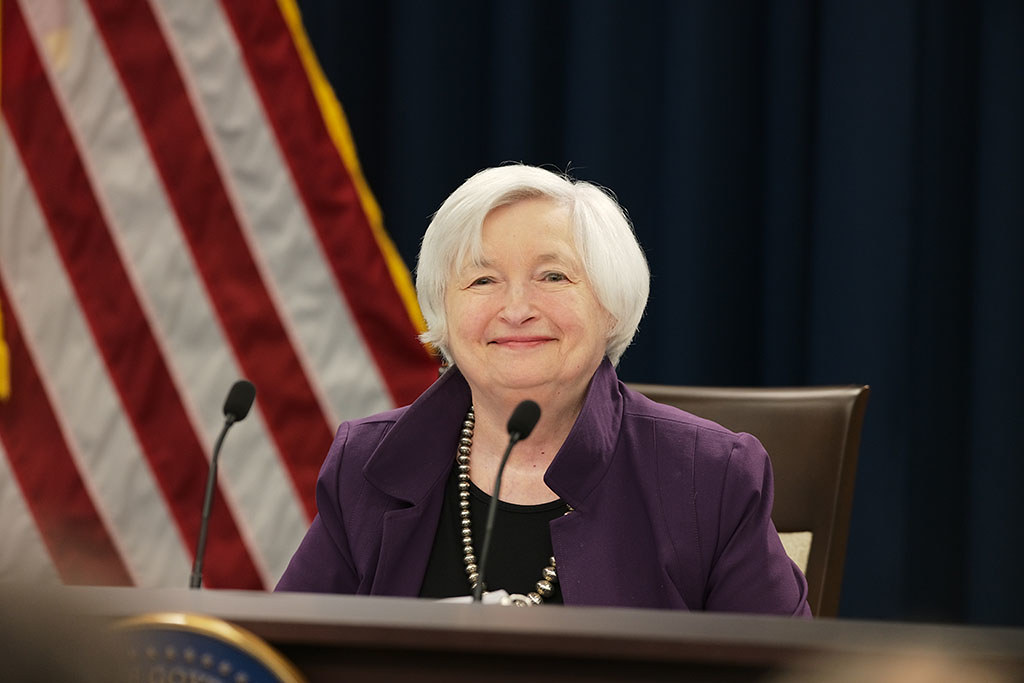June 15, 2013
Search results for "Minimum Wage"
March 29, 2013
Raising Minimum Wage Means More Jobs … For Technology
March 18, 2013
Sen. Warren: Why Isn’t the Minimum Wage $22 an Hour?
February 13, 2013
The Minimum Wage Workforce Myth
February 07, 2013
Green Energy Exploits and the Minimum Wage
August 16, 2006
The Minimum Wage: A Denial of Freedom and Duty
August 02, 2006
The ‘Moral’ Minimum Wage Increase Hurts Teens and Minorities
February 20, 2014
Samuel Gregg: ‘Our Minimum-Wage Circus’
April 21, 2021
Explainer: the ‘global minimum tax’
Treasury Secretary Janet Yellen has said she plans to impose a global minimum tax on U.S. corporations, which she will coordinate with global leaders to stop “a destructive, global race to the bottom.” Continue Reading...

February 12, 2020
Acton Commentary: Flexible wages are one path to a more humane market
In an increasingly polarized political environment, where purity of intention substitutes for successful results, some public commentators have gone so far as to say that questioning the efficacy of raising the minimum wage to $15 a hour mocks God Himself. Continue Reading...
